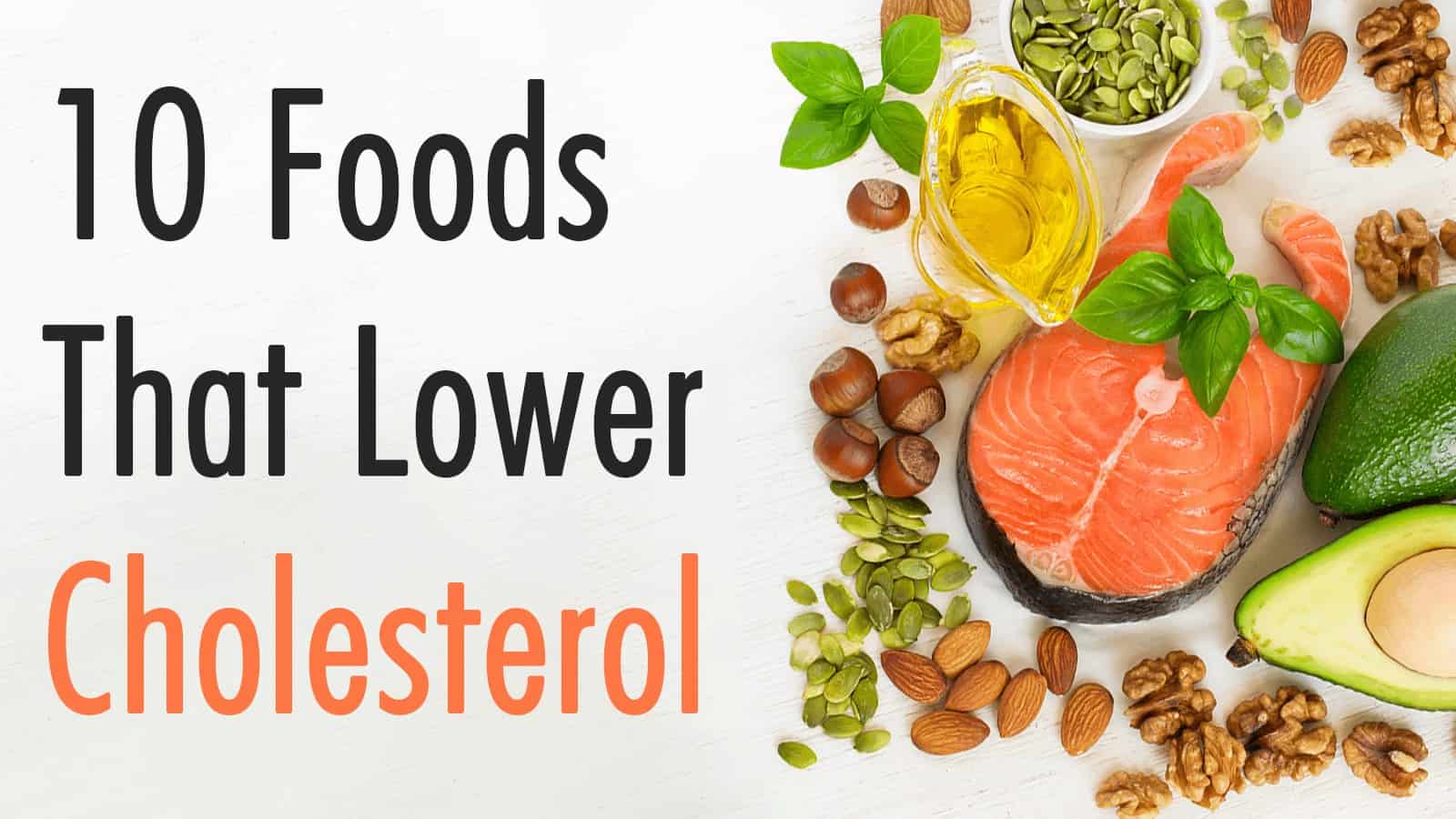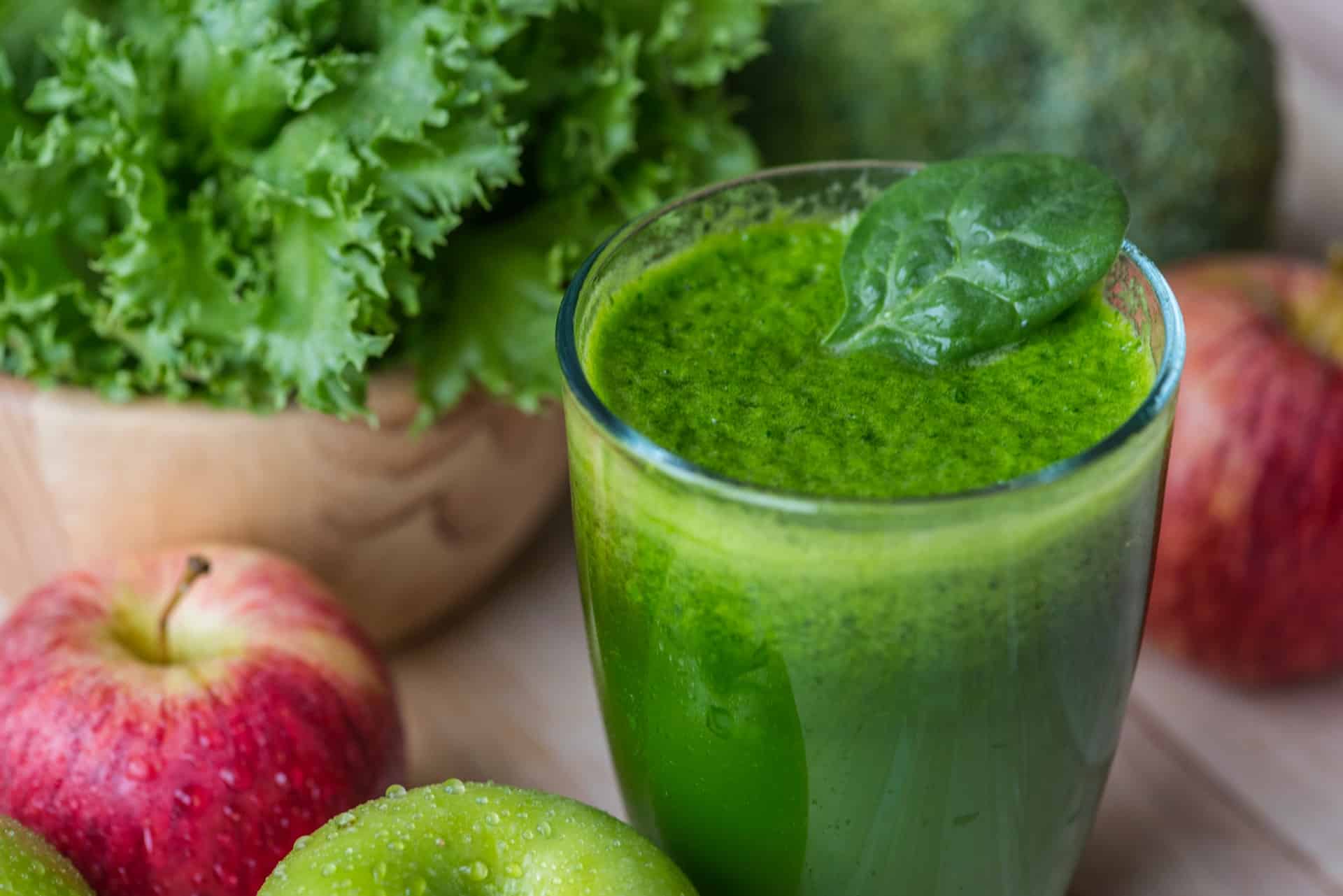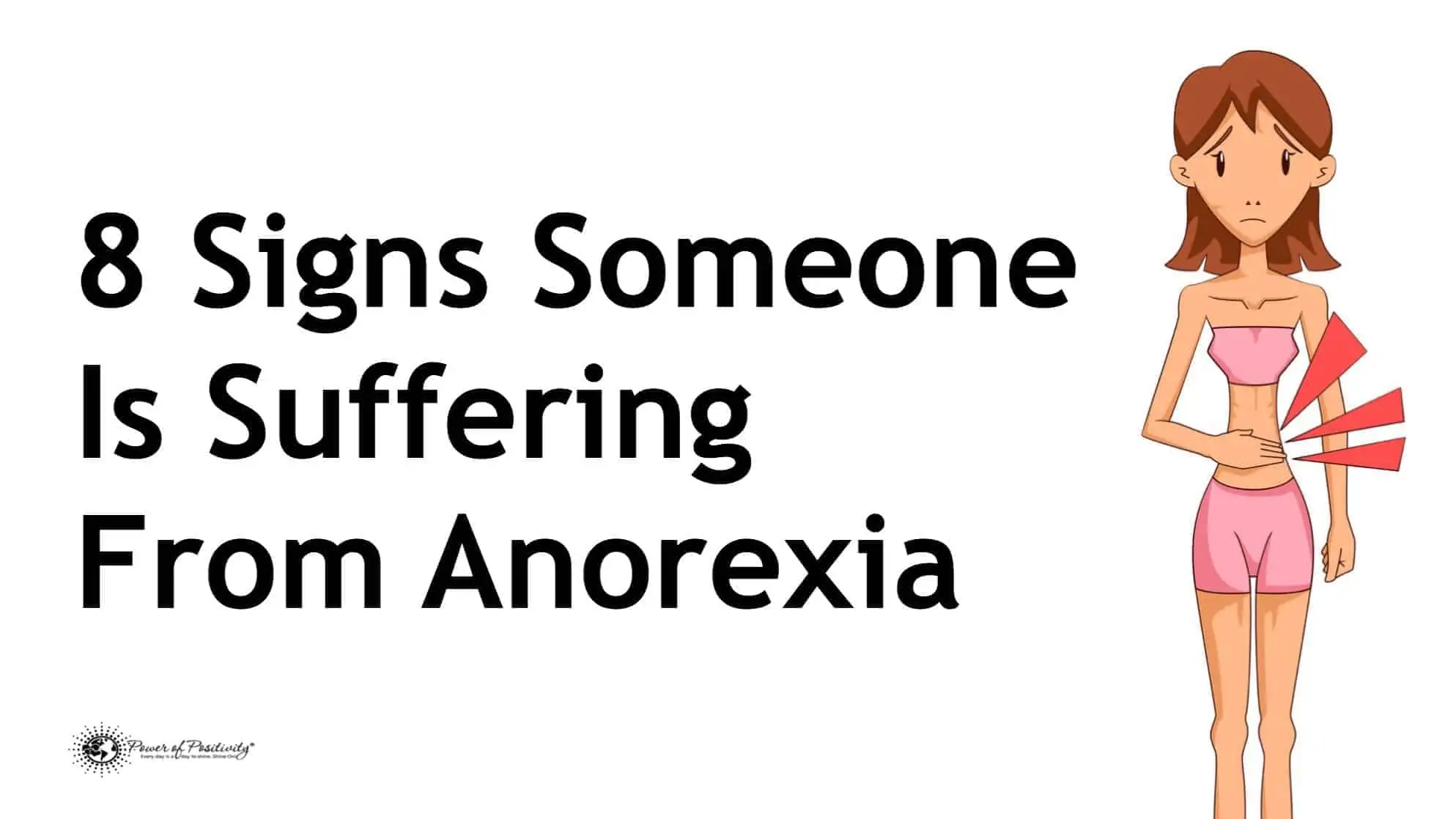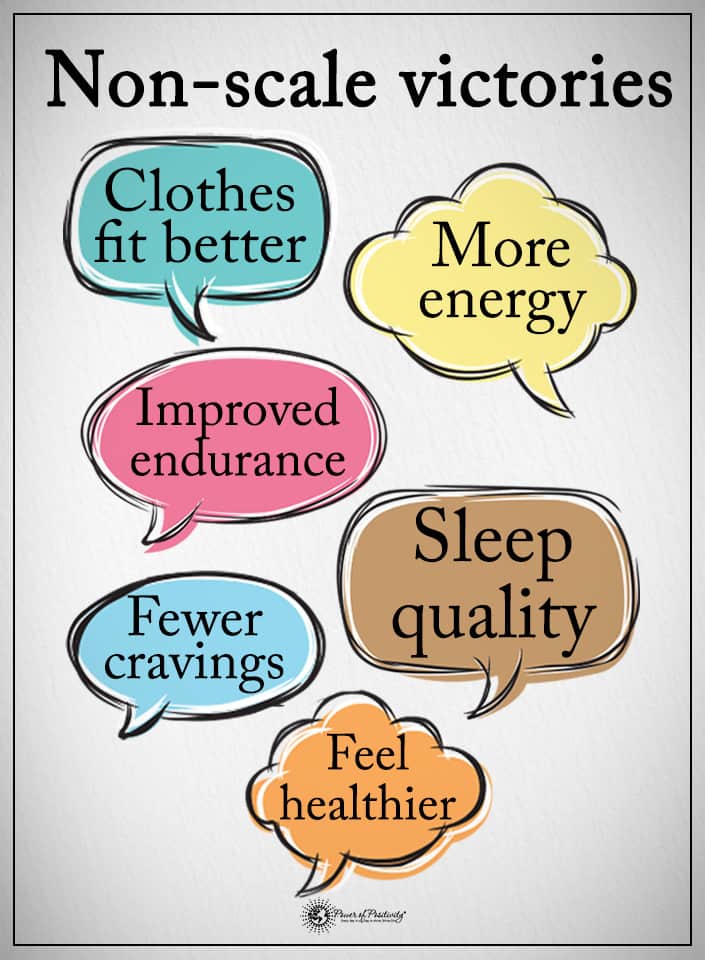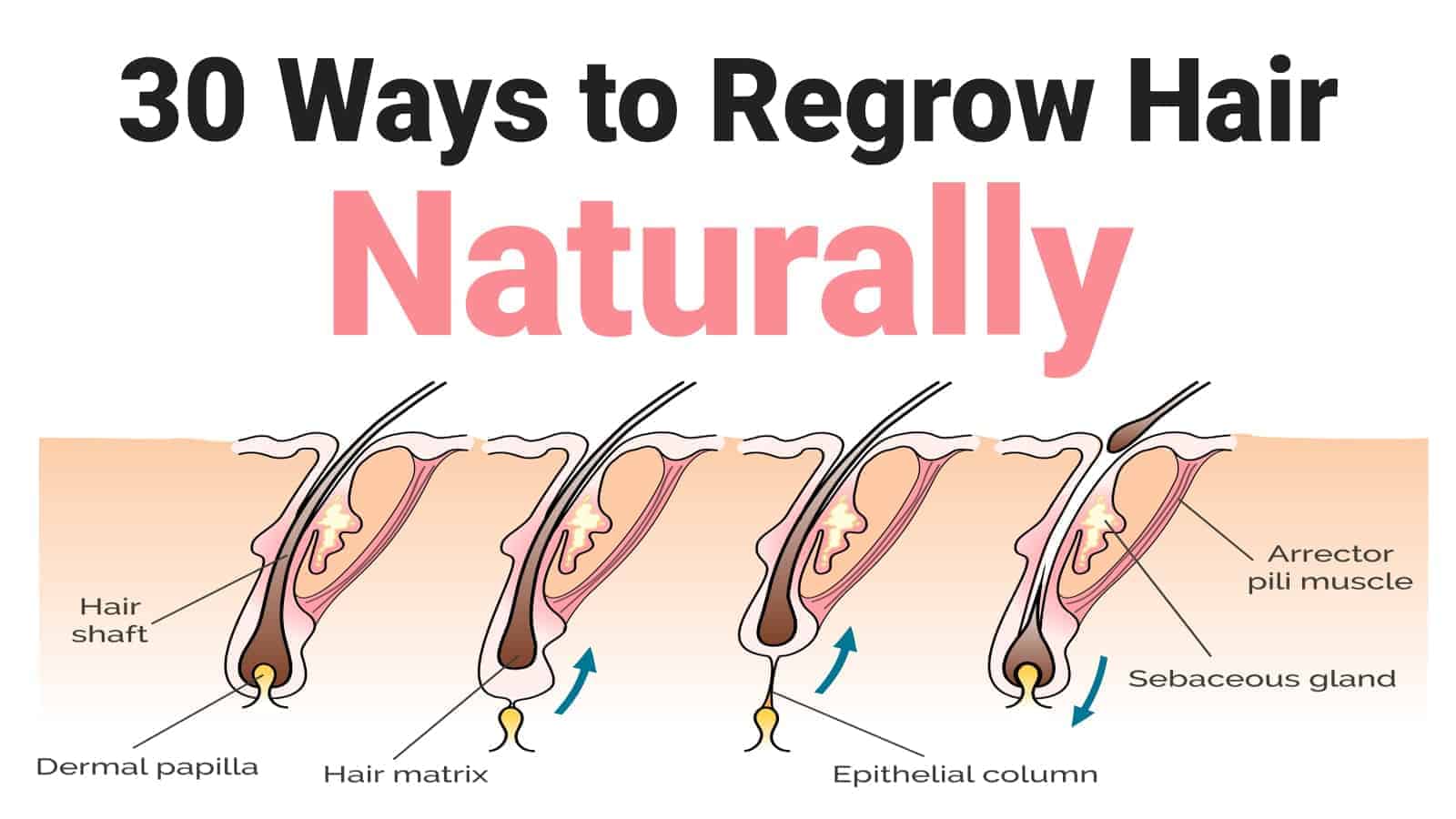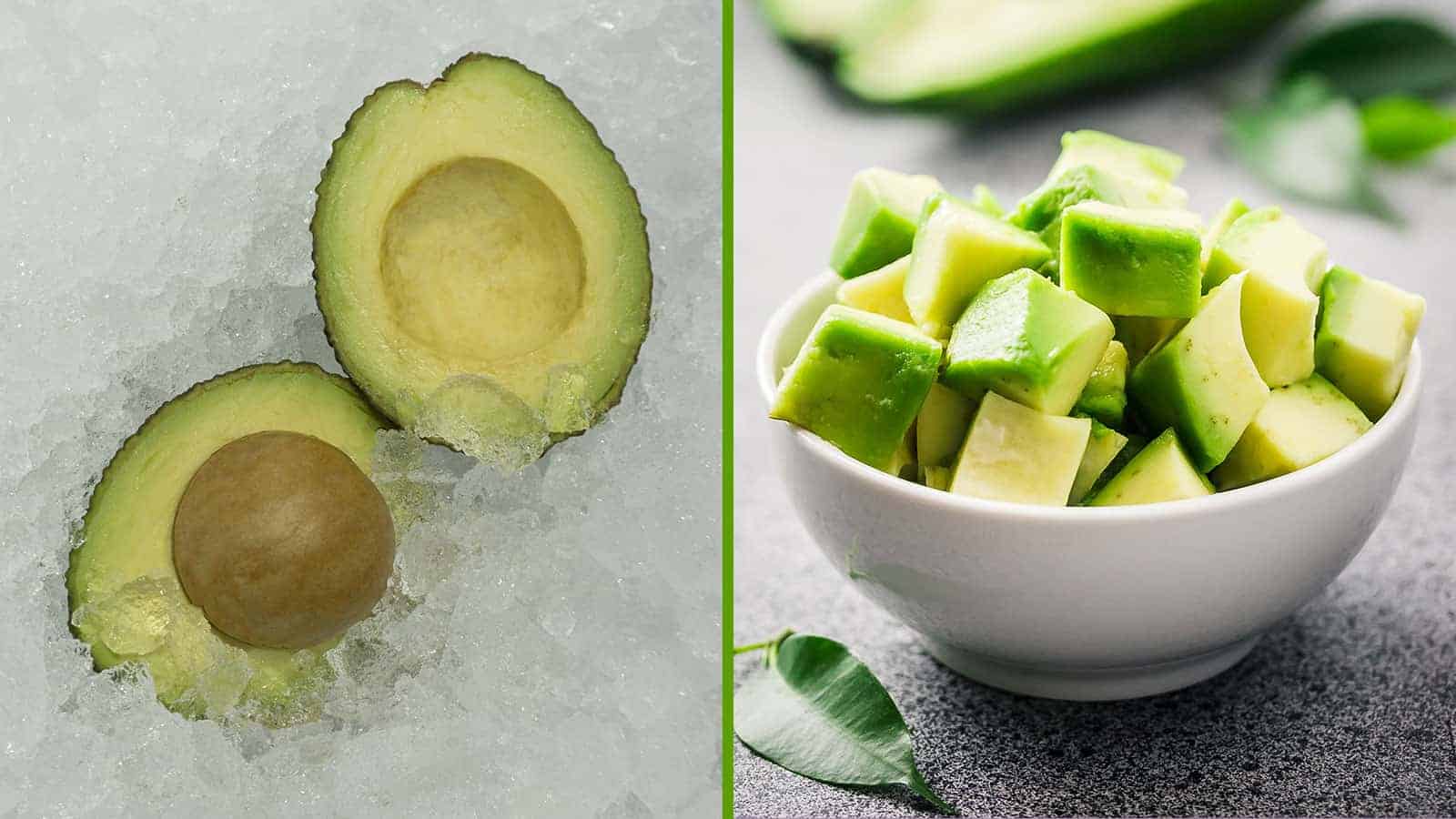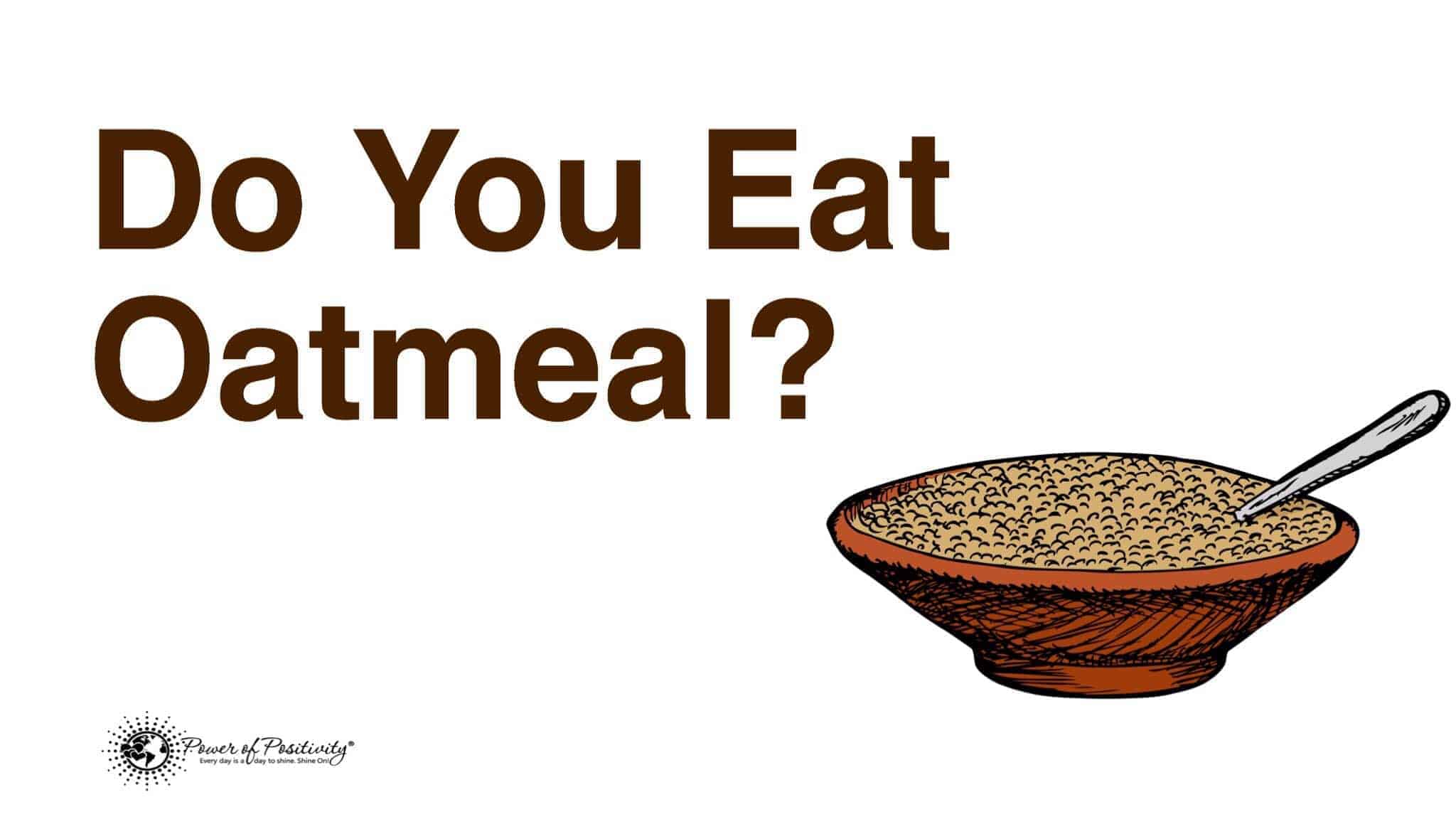Tea drinkers of the world, take note. You should consider switching out your “go-to” tea in favor of something bright, bold, and delicious. Hibiscus tea is taking the tea world by storm, delivering delightful tartness and a bright pop of red in each nutritious and delicious cup.
Now we know, it can be challenging to set down your chosen beverage of choice. Tea drinkers are staunchly loyal to their favorite flavors and brands. You owe it to yourself to learn a bit more about hibiscus tea and its many healthful benefits. Who knows? You might add it to your rotation for all of its nourishing properties.
What is hibiscus tea all about?
To make this tea, you must steep the brightly colored hibiscus flower petals in hot water. The resulting, delicious beverage is mild and tart all at the same time. Indeed, the flavor reminds one of cranberries. Also, it has a vivid reddish-pink hue that is as pleasant to behold as it is to drink. Because it is caffeine-free, it is classified as an herbal tea so that you can enjoy it anytime, day or night.
Also known as roselle, the hibiscus flower is harvested when the blossoms have yet to open. Interestingly enough, the buds possess a vibrant, deep-red color. However, the flowers themselves open to a stark white. The harvest is most often dried and used to make tea, syrup, and added as an ingredient to several Indian, West African, and Southeast Asian dishes.
The number of uses of hibiscus has grown steadily since its use in cuisine and medicine thousands of years ago. And little has changed with regard to the evolution of the plant and its potency in treating all sorts of health maladies and conditions.
Tea experts theorize that its use for tea and consumption began almost 6000 years ago in Sudan or West Africa, being used for both beverages and food. Even today, fine cuisine from this part of the world proudly boasts hibiscus flowers as part of a satisfying meal.
Hibiscus quickly spread around the world, moving first to India, then appearing in the West sometime around the 17th century. Today, it is quite common to see hibiscus growing in several tropical and subtropical regions around the world.
Benefits of drinking hibiscus
There are many benefits that come with drinking this brightly colored, tart, and refreshing tea. Cozy up with a cup and let us walk you through some of the many ways that hibiscus will add some flavor to your life:
1. It is loaded with antioxidants
Hibiscus is an excellent source of antioxidants, which help to fight free radicals and reduce the amount of oxidative damage that is occurring in the body. When free radicals roam freely through the body, they attack cells and speed up the aging process by clogging up cellular metabolic processes with toxic waste. Various studies link oxidative damage to diseases like dementia, diabetes, and cardiovascular disease, not to mention several other conditions that result from free radical damage. The high dose of antioxidants present in this tea will help to neutralize the effects of free radicals and lower inflammation, helping you to look and feel younger, longer.
2. It is heart-healthy
Drinking hibiscus has positive effects on heart health. It is thought to lower cholesterol, keeping your cardiovascular system healthy. It also has a positive impact on blood pressure. While it has benefits for most people with this problematic condition, it can cause problems with those who suffer from high blood pressure that takes hydrochlorothiazide, a diuretic used to treat hypertension. Talk to your doctor to see if drinking hibiscus can benefit you without causing complications.
3. It is suitable for improving cholesterol levels
Small studies showed that drinking a couple of cuppas daily of this delicious tart treat is beneficial for increasing good cholesterol (HDL) and lowering levels of bad cholesterol (LDL). Keeping cholesterol levels in check contributes to better heart health. These studies are recent, however, and more research is needed to definitively state whether this is a consistent finding.
4. Hibiscus tea links to weight loss
Hibiscus is not a miracle cure-all replacement for a good diet and some exercise. However, some think that its diuretic properties help contribute to steady and consistent weight loss. Studies show that consistent consumption of hibiscus tea over a 12-week period contributed to lower body weight, less abdominal fat, and a lower body mass index.
There are also clear links to tea consumption and lower cortisol levels; with cortisol being a known “fat storage” hormone, anything that we can do to reduce our levels of cortisol in the body will have a positive effect on efforts to lose weight.
5. It can help to reduce or eliminate cravings
Next time you have a hankering for something sweet, brew yourself a deliciously sweet cup of hibiscus tea to satisfy your sweet tooth and prevent unnecessary calorie consumption. Hibiscus can cleanse your palate and signify that your meal is over. If you find it too tart, consider adding a natural sweetener such as honey to take the edge off.
6. It makes a great virgin cocktail
Missing the after-dinner drinks that you used to share with family and friends? Now you don’t have to sit on the sidelines when you craft up a delicious beverage using hibiscus tea and sparkling water with a twist of lime. Others might just get so jealous that they’ll ask you to whip up a little something for them as well.
7. It can help with your digestion
Anything that is classified as a “diuretic” helps to eliminate excess waste and salt from the body; it is a natural detoxifier. This sugar-free, caffeine-free alternative to plain water will keep your taste buds happy while it cleans out your body and aids in improving the efficiency of digestive processes.
8. It might just support your immune system
What? Drinking this pink cocktail can keep the sniffles and sneezes away? Hibiscus contains vitamin C, a very potent antioxidant that helps to fortify the immune system and keep diseases and other chronic conditions at bay. Hibiscus is also high in iron, which helps to balance the immune system and maintain red blood cells.
9. It helps regulate kidney function
Studies conducted on rats revealed that the consumption of hibiscus helped to prevent calcium oxalate crystals from becoming kidney stones. While this research is promising, more studies will be necessary with regard to its effects on humans. Any excess water that you can consume will help to efficiently flush kidneys and remove waste from the body. And what a delicious way to facilitate these processes!
10. It is great for the liver
If you are feeling tired or sluggish after a night out on the town—or three—try a cup of hibiscus to help you cleanse and detoxify your liver. Your liver is the primary metabolizer of alcohol in the body. So the more adult beverages you consume, the harder it has to work to remove toxins from your body. Studies reveal decreased markers of liver damage and an increase in detoxification enzyme levels in the body. All of these factors work together to make you healthier.
11. It can lower levels of fat concentration in the blood
Drinking hibiscus regularly can have a positive effect on triglycerides, reducing the amount of fatty cholesterol in your bloodstream at any given time. Any reduction in cholesterol levels and fat in the blood is a benefit to those that are predisposed to developing cardiovascular issues. Thus, regular tea drinkers tend to have healthy cholesterol levels and normal, healthy blood pressure. As if taste alone wasn’t a good enough reason to start drinking it!
12. It contains compounds that may prevent cancer from developing
Hibiscus is very high in polyphenols, which offer strong protection against the development of cancer cells throughout the body. Test-tube studies have revealed impressive progress concerning the ability of hibiscus extract to impede the growth of all kinds of cancer cells. It is particularly powerful in preventing stomach cancer from spreading; one study boasted a 52 percent decrease in the number of cancer cells that grew in the presence of hibiscus extract. Drinking a cup of tea daily helps to release antioxidants throughout the body, promoting normal, healthy cellular processes that stop cancer growths from forming.
Potential side effects and risks of drinking hibiscus tea
For most of us, drinking the occasional cup of hibiscus tea will not have adverse effects on our health. For others, it may have adverse reactions when mixed with prescription medications or other herbal remedies. And those with pre-existing conditions such as hypertension and diabetes should proceed with caution. In these cases, it is advised to talk to your doctor about possible complications when combined with medicines, or as it pertains to your unique medical situation.
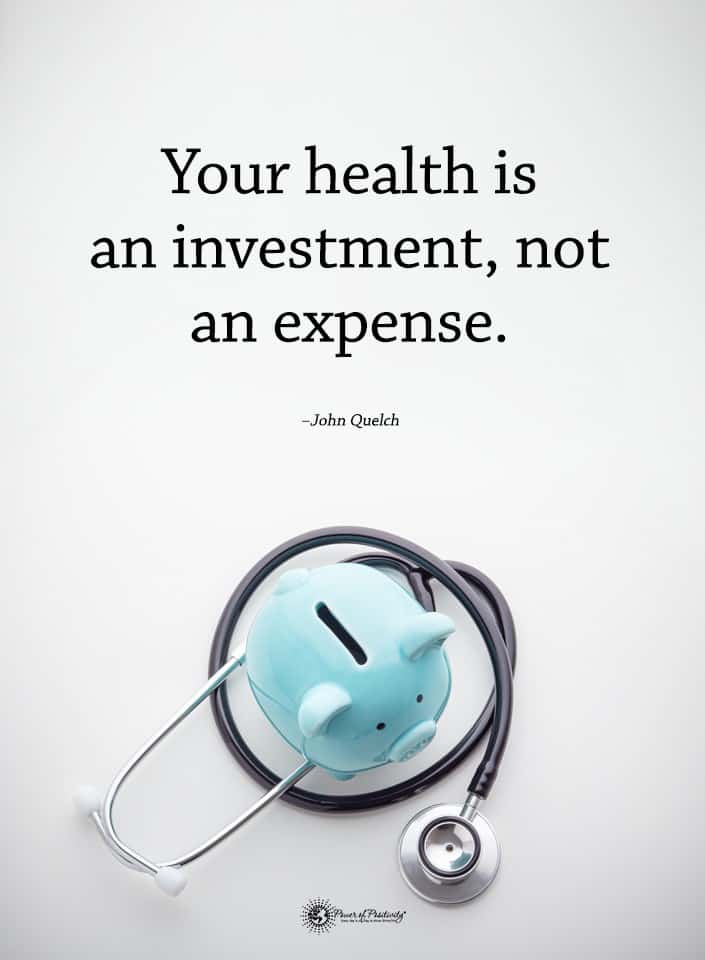 Final thoughts on enjoying hibiscus tea for delicious taste, better health!
Final thoughts on enjoying hibiscus tea for delicious taste, better health!
Replacing one of your calorie-laden, caffeinated beverages with a strong and savory hibiscus drink regularly will give you delicious taste to look forward to as well as improve your health, one cup at a time! Bottoms up!


